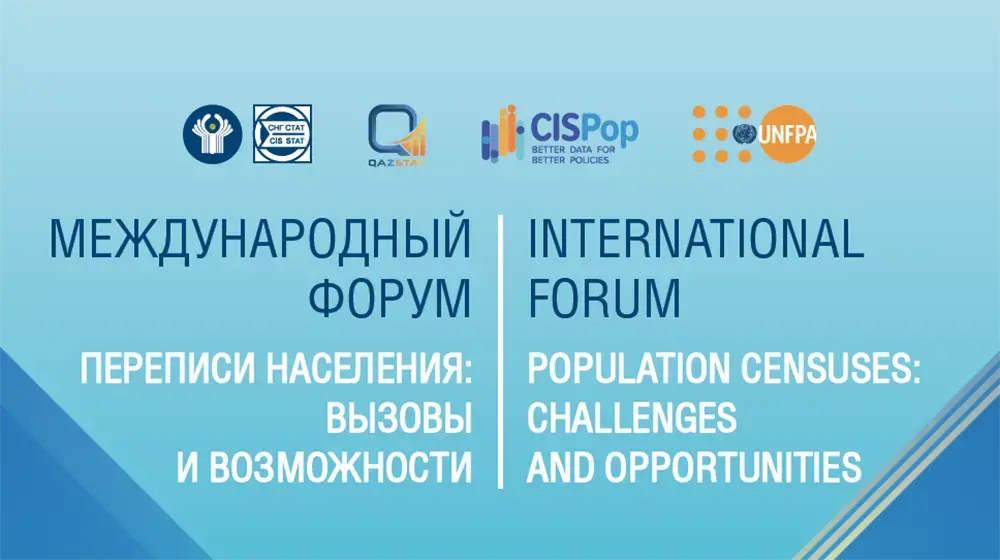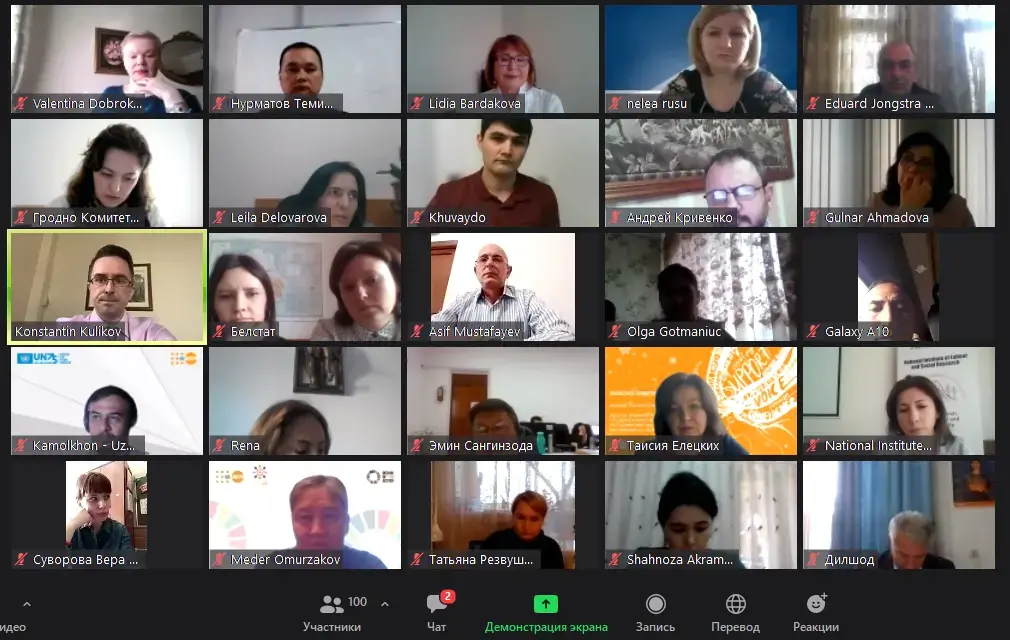Over the next 11 days, these participants – representing national economy ministries, national banks, statistical committees and demographic research centres – will be guided through the principles of demographic forecasting, the methodology of constructing national transfer accounts (NTA) and the influence of demographic changes on economic development, the social sphere and the environment. The intensive course is being delivered by prominent scholars and experts from the National Research University Higher School of Economics (HSE) under the leadership of Mikhail Denisenko, a tenured professor and member of the HSE Academic Council. It is being carried out within the framework of advanced vocational training, and upon successful completion of the course, participants will receive an official certificate from the Russian Ministry of Science and Higher Education.
National Transfer Accounts provide a coherent accounting framework of economic flows from one age group or generation to another, typically for a national population in a given calendar year. NTA estimates are thus useful in understanding and analysing the implications of changing age structures for the fiscal sustainability of social programmes; the accumulation of physical and human capital; economic growth; and familial support for children, youth and older persons. The NTA programme is planned to continue in 2021 with capacity-building initiatives, technical assistance to countries and a CIS symposium in the fall.
The training course is being conducted by the HSE with the support of the United Nations Population Fund (UNFPA) and funded by the Russian Federation within the regional CISPop: Better Data for Better Policies programme.





